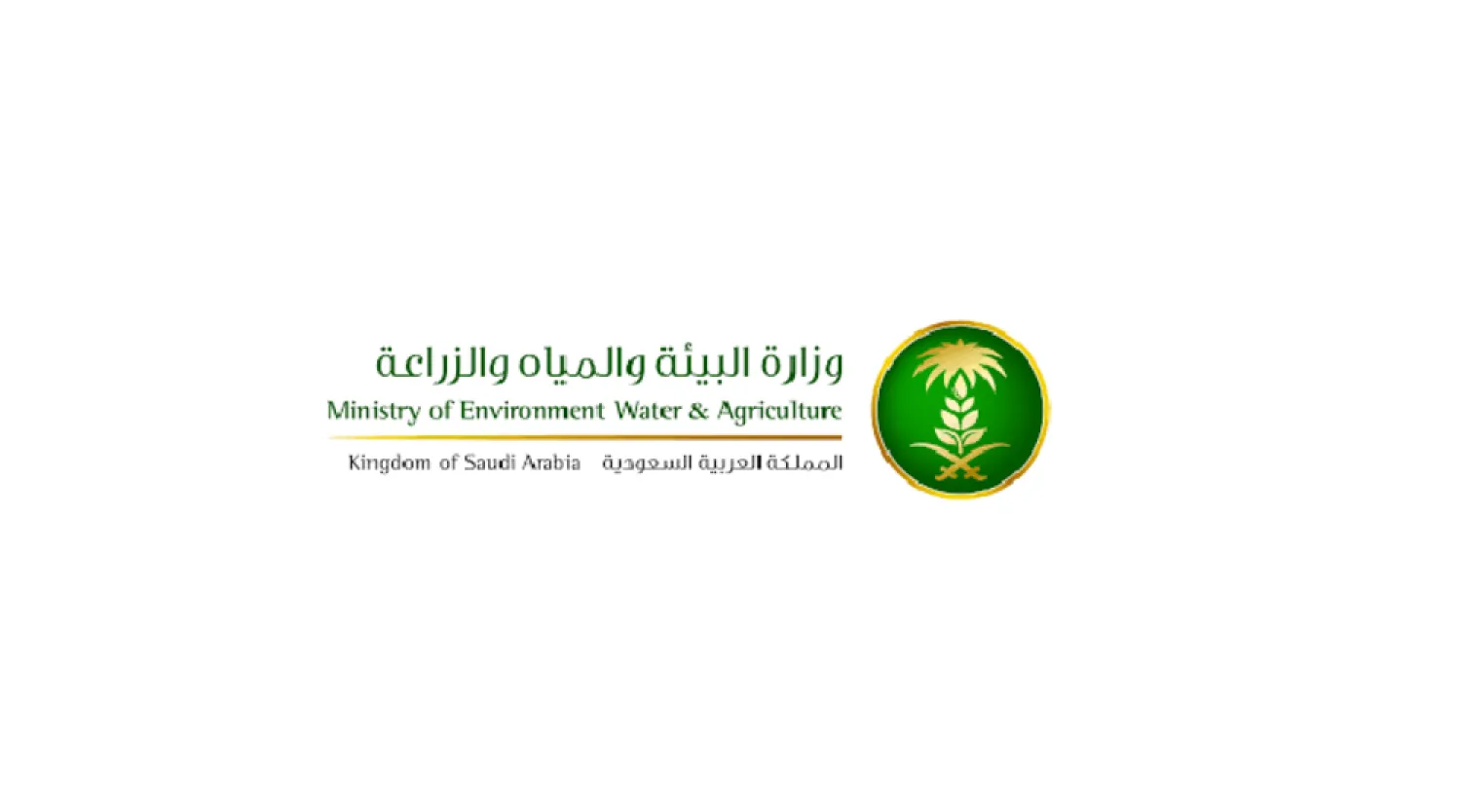The Saudi Ministry of Environment, Water, and Agriculture has launched an electronic service, as part of the Liquid Fuel Displacement Program, which aims to displace up to one million barrels of liquid fuels across the agriculture, industry and utilities sectors by 2030.
The new electronic service enables targeted farm owners to register their requests to connect their agricultural holdings to the electricity grid and reduce reliance on liquid fuel, SPA reported.
The ministry, in cooperation with the Ministry of Energy, the Saudi Electricity Regulatory Authority, the Saudi Electricity Company, and the Agricultural Development Fund, aims to reduce factors affecting the sustainability of the agricultural sector in the Kingdom, and contribute to preserving the environment, in line with the goals of the Kingdom Vision 2030.
The Ministry of Environment, Water, and Agriculture encourages targeted farm owners to register to connect to the grid through the electronic platform Naama.
Saudi Environment Ministry Launches Electronic Service for Agricultural Sector to Connect to Grid


Saudi Environment Ministry Launches Electronic Service for Agricultural Sector to Connect to Grid

لم تشترك بعد
انشئ حساباً خاصاً بك لتحصل على أخبار مخصصة لك ولتتمتع بخاصية حفظ المقالات وتتلقى نشراتنا البريدية المتنوعة







